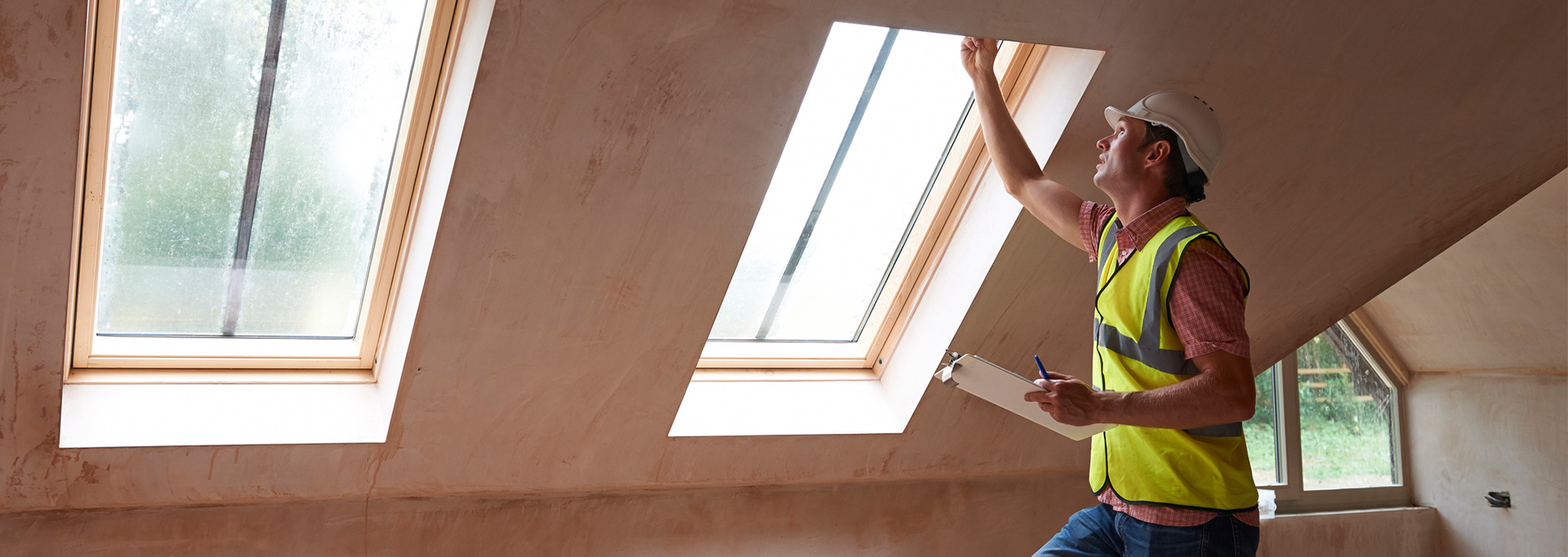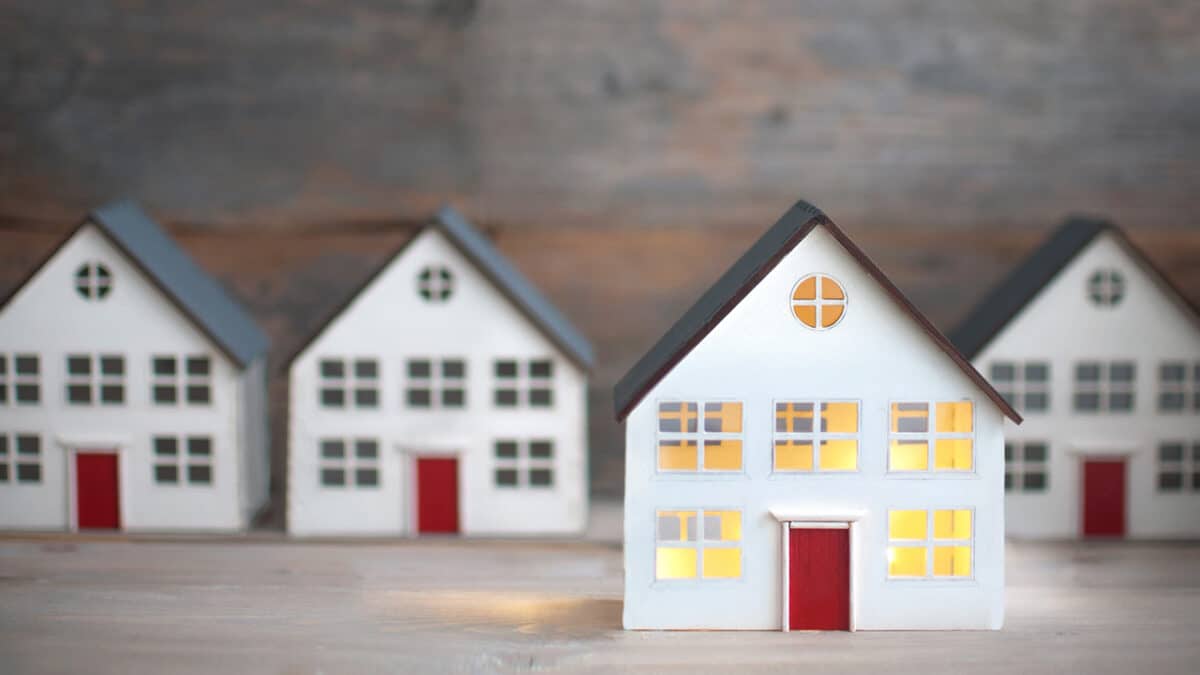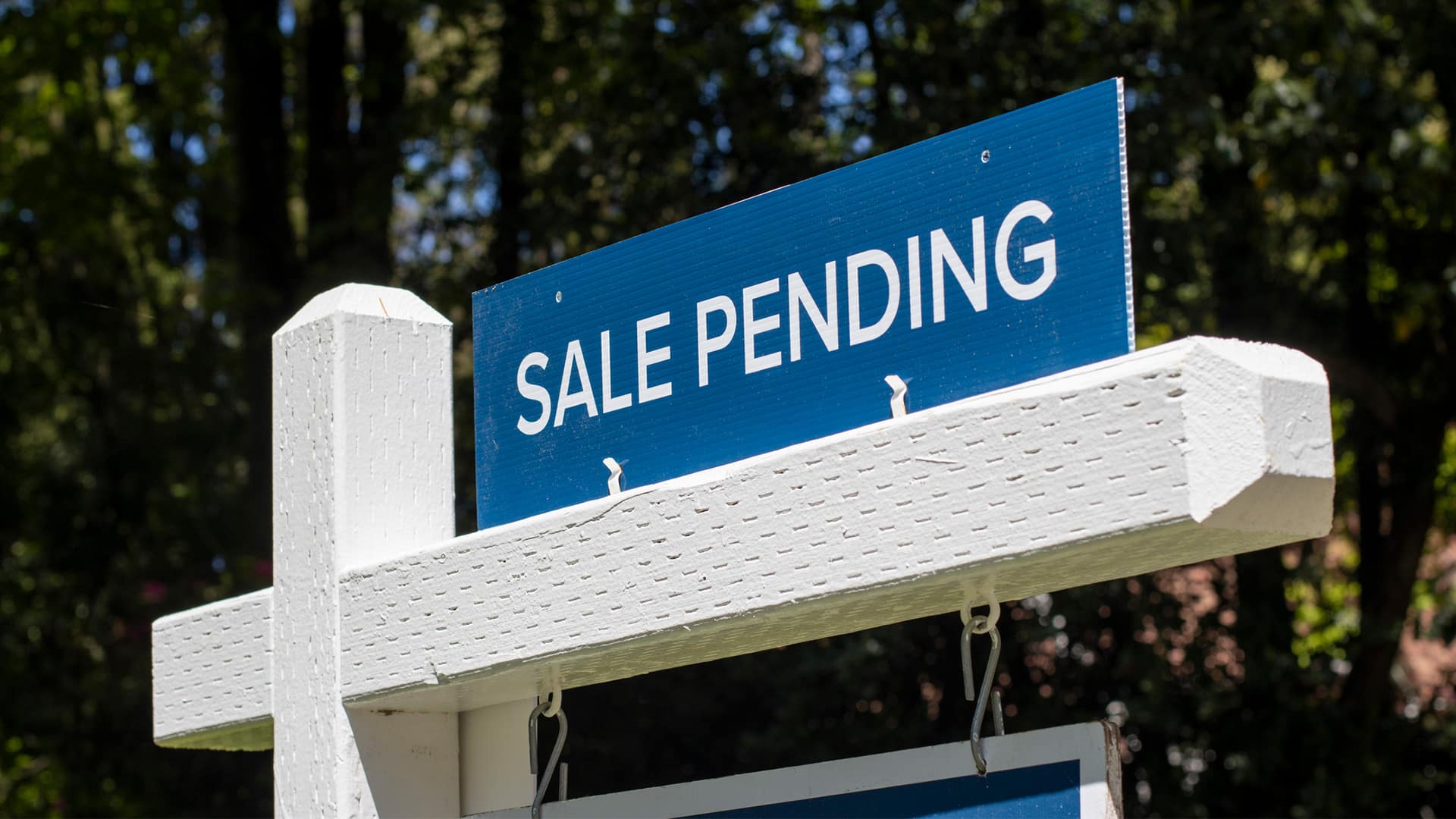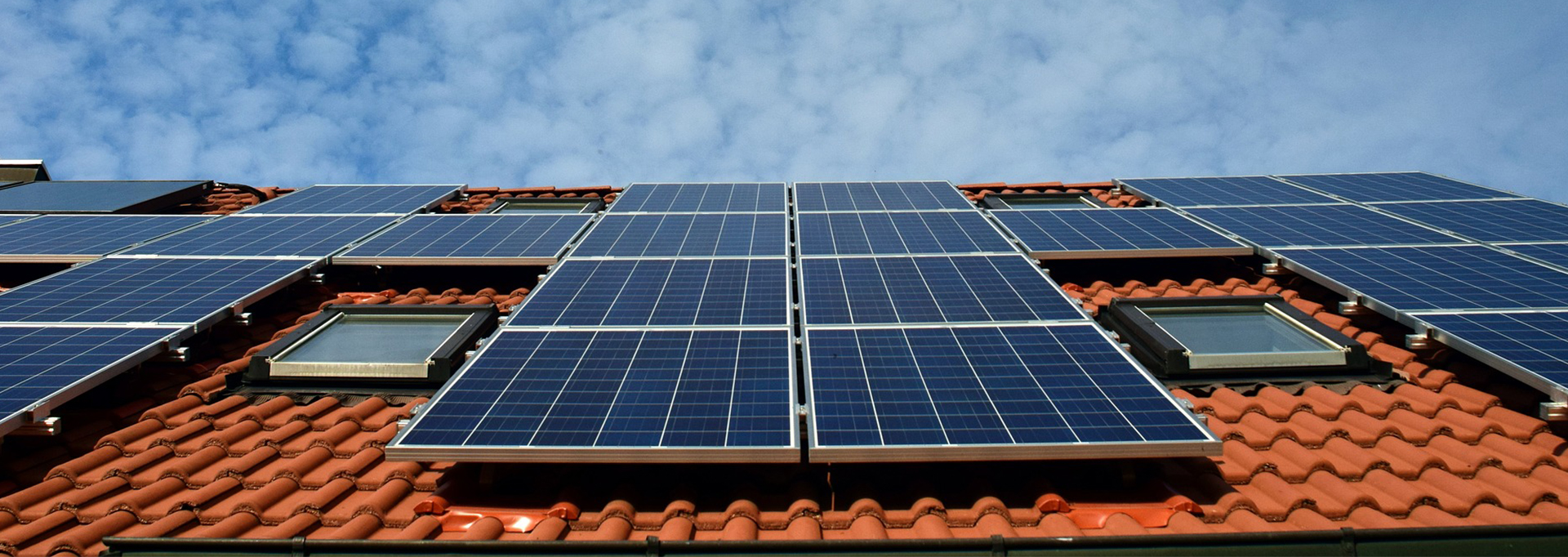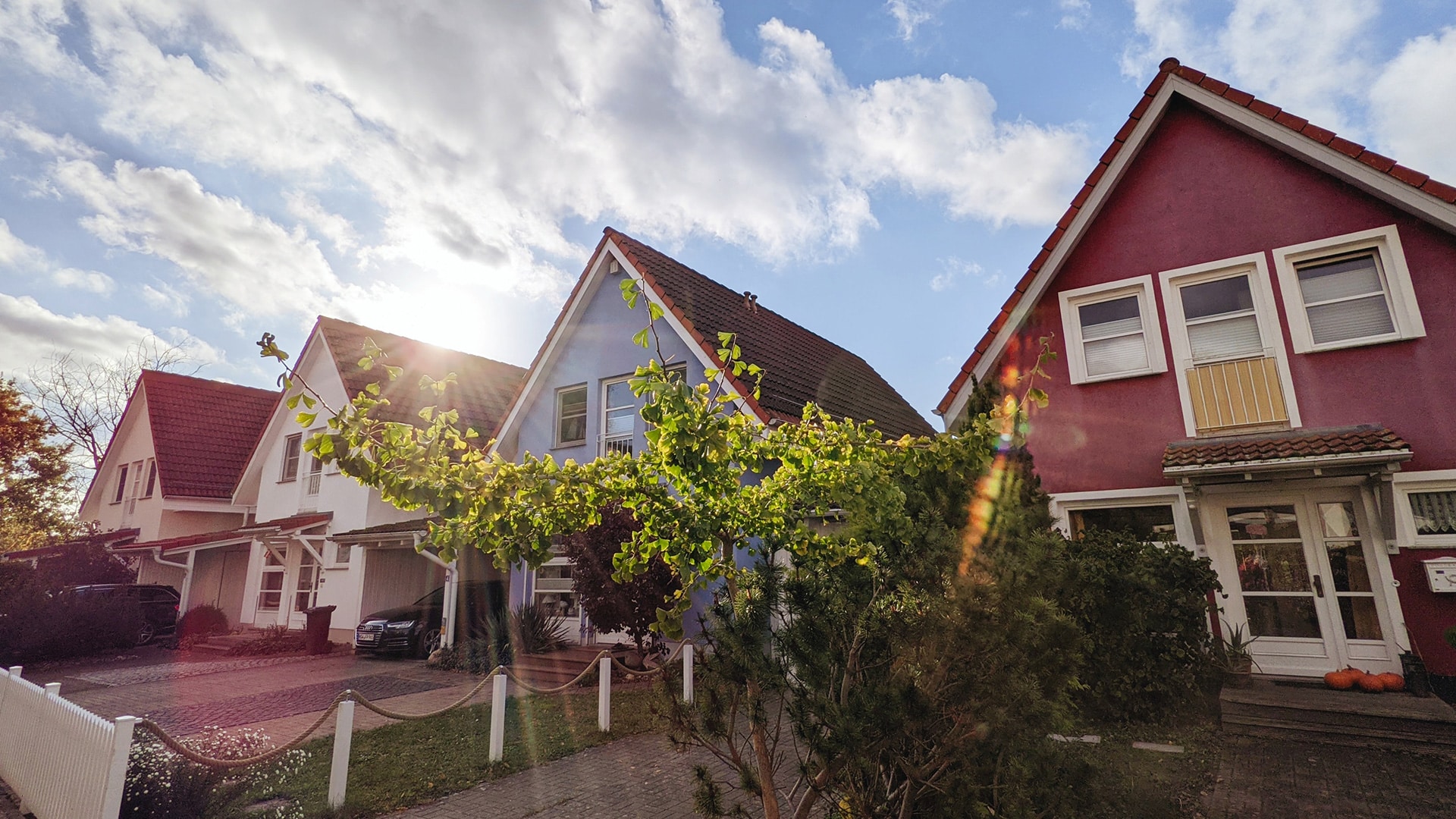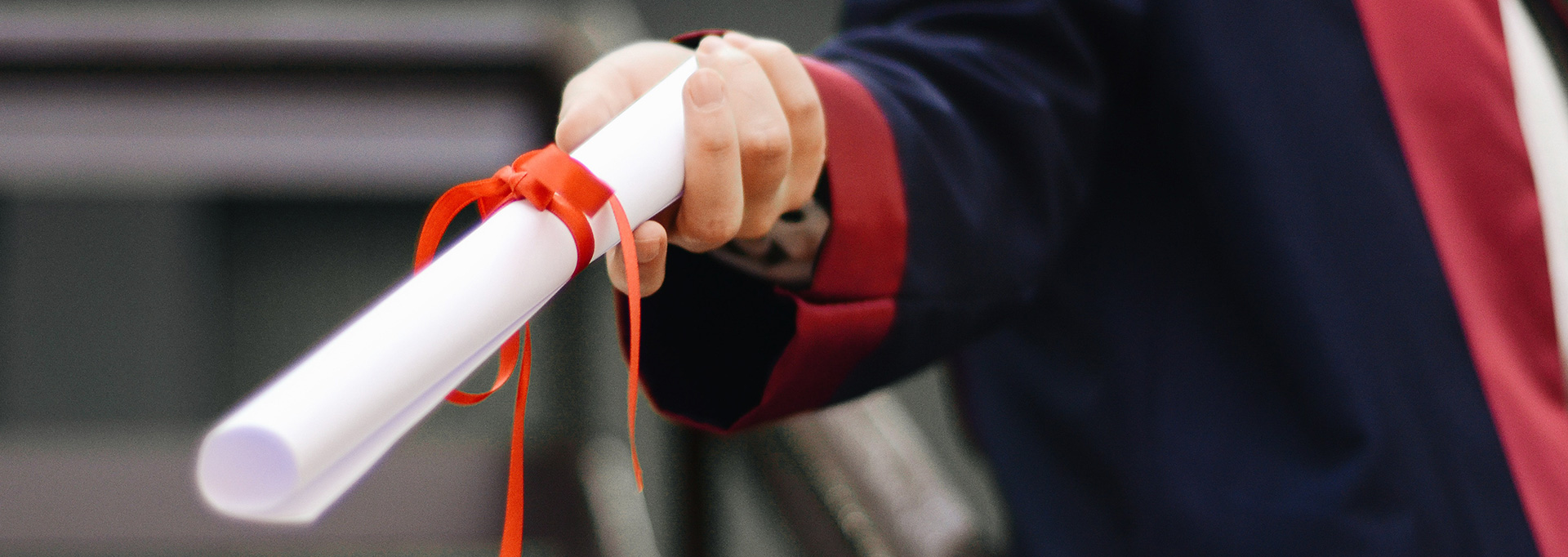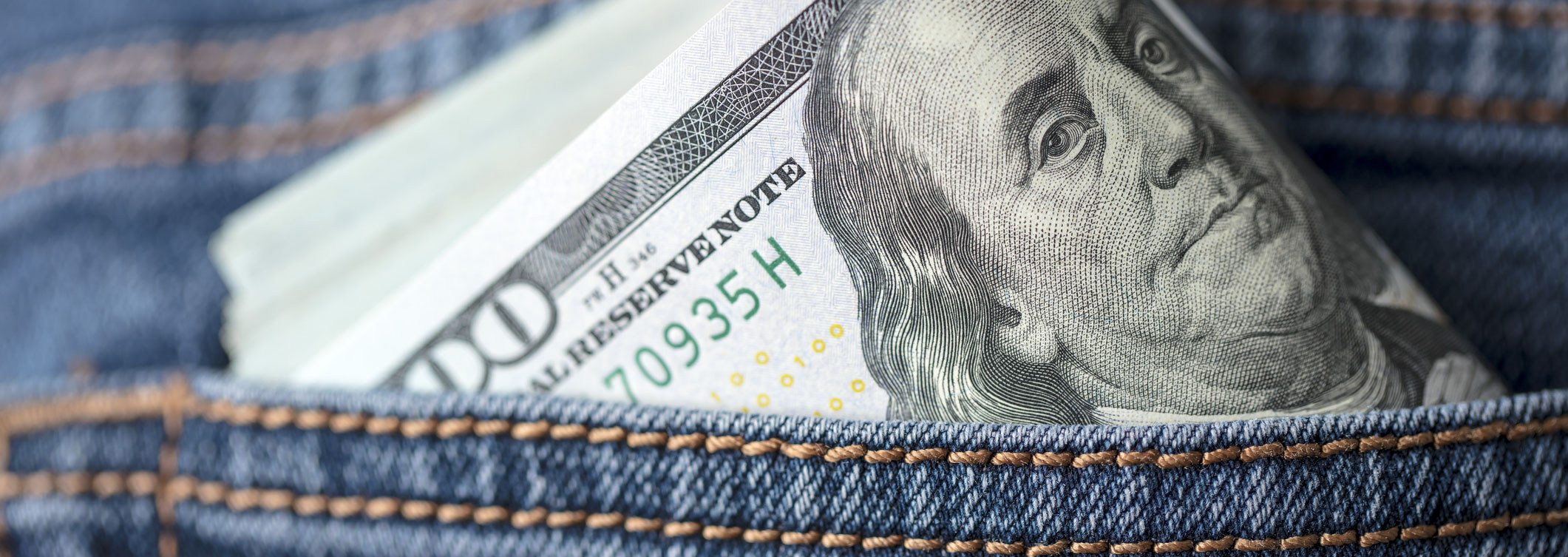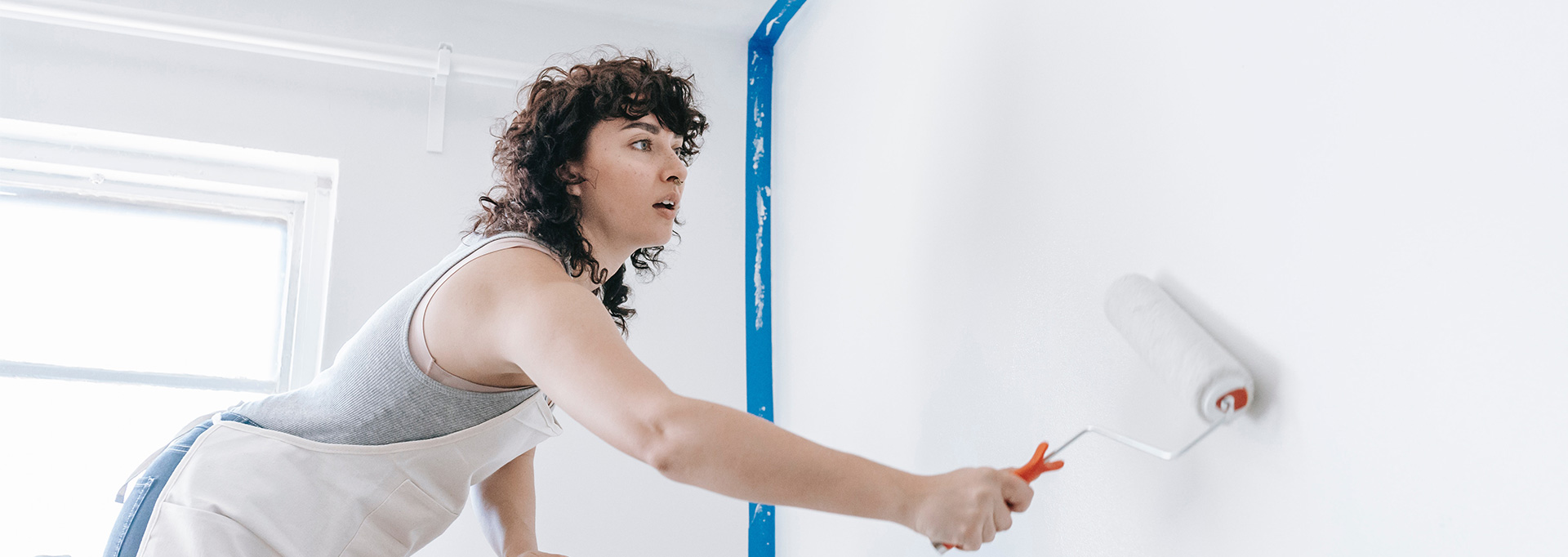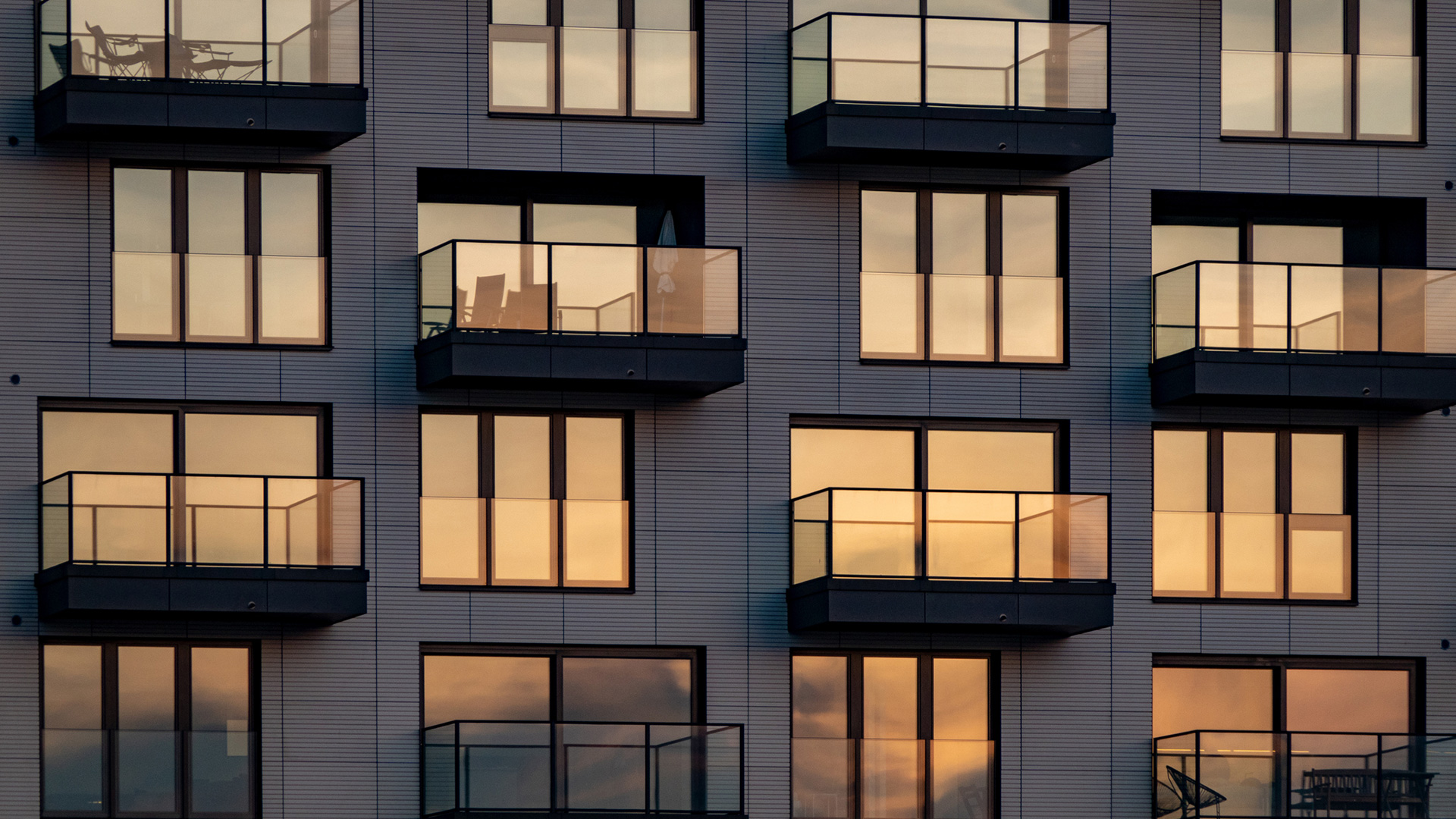Most products on this page are from partners who may compensate us. This may influence which products we write about and where and how they appear on the page. However, opinions expressed here are the author's alone, not those of any bank, credit card issuer, airline or hotel chain. This page may include information about American Express products currently unavailable on Slickdeals. American Express is not a partner of Slickdeals.
If you're a first-time homebuyer, no matter how prepared you are, you'll learn quickly how expensive purchasing a home can be. Some costs, like mortgage payments and down payments, are expected. Other expenses like utilities, property taxes, and homeowners insurance are often overlooked but equally as important.
As a new homebuyer, there are likely a few expenses you haven't factored in yet that may come as a surprise and make an unexpected dent in your savings. Buying a home is more than finding a home that fits your wants and needs. It should also fit your budget. Knowing and planning for the following hidden costs can help you to better plan out your finances when you're ready to purchase your first home.
1. Home Inspections
One of the most important steps in the home buying process is to schedule a home inspection. A home inspection allows homebuyers to assess the physical condition of a home beyond the carefully crafted description from the seller and their real estate agent. Home inspections typically cost between $200 and $500 and are usually done after starting the negotiation process with the seller.
Find a home inspector with a well-established reputation to give an impartial assessment of the home before the home purchase is finalized. If the inspector finds any issues that need to be addressed, you may be able to negotiate who will be responsible for the repairs or a reduction in the sale price to reflect the repairs. Some buyers may also choose to include a satisfactory home inspection contingency that allows the cancellation of the sale without penalty if an inspector uncovers significant problems with the home.
2. Appraisal Fee
Besides a home inspection, you may need to have the home appraised before you can secure a mortgage from the bank. Lenders require an appraisal to verify that a property is worth the sale price. Appraisal fees can cost upwards of $300 depending on location, size and condition.
The appraisal is part of the closing process. Your lender will hire an independent appraiser but the buyer usually covers the upfront appraisal fee. As long as the appraisal reveals a value equal to or higher than the sale price, the sale transaction continues. If not, you could face significant delays in the homebuying process.
3. Closing Costs
Closing costs are expenses and fees associated with closing on a home. They can include application fees, title insurance, taxes, homeowners insurance premiums, broker fees and more. Closing costs can run between 3% to 6% of the home purchase price.
You may be able to negotiate with the seller on fees included in your closing costs to bring the total cost down. Shopping several lenders can also help you find one that charges lower fees.
4. Origination Fees
Most lenders will charge an origination fee, which is a fee for processing a mortgage loan. Depending on the lender, the origination fee can encompass loan application fees and other administrative services provided.
The good news is that you'll know about these fees before you complete your loan application so you can properly plan for these expenses. They should be part of the loan estimate given to you by the lender. Origination fees vary by lender and can be between 0.5% to 1% of the loan amount.
 Related Article
Related Article
14 Ways You Can Use a Personal Loan
5. Mortgage Insurance
You may be required to pay mortgage insurance depending on the type of loan you take out or how much you put down on the house. Many lenders require you to pay private mortgage insurance (PMI) if your down payment is less than 20% on a conventional home loan. Federal mortgage loans, like FHA loans and USDA loans, also require paying mortgage insurance.
Mortgage insurance protects lenders, not homebuyers. Lenders take on more of a risk when a home buyer puts less money down, so mortgage insurance adds some protection in case you fall behind on mortgage payments.
6. Homeowners' Insurance
Homeowners' insurance is a requirement to get a mortgage loan. This type of insurance covers losses and damages related to the home. It can also protect personal property within the home and provide liability coverage against accidents that take place on the property.
Homeowners' insurance premiums are typically built into the mortgage payment and paid out of your escrow account. Depending on where you live, you may need extra insurance coverage like earthquake or flood insurance.
7. Property Taxes
You are required to pay property taxes as a homeowner, which is typically a percentage of your home's assessed value. Your local city or county government determines how much property taxes you will pay. They can range from as low as $200 to upwards of $10,000 or more a year.
Most home shopping websites and apps offer calculators to help you estimate how much you may need to pay in property taxes. Many lenders will also allow you to roll your property taxes into your monthly mortgage payment.
8. Homeowner's Association (HOA) Fees
If your home is part of a homeowners' association (HOA), you will likely need to pay homeowner's association fees. Fees may be monthly or quarterly, depending on the HOA. The HOA fee covers the costs associated with services and improvement projects that benefit the residents within the association.
The average cost of HOA fees in the U.S. is $250 per month for a single-family home, but can even go as high as $1,000 a month in some areas. The more amenities and services provided in a community, the higher the HOA. Make sure you budget what the HOA will be so you aren't stretched thin in your new home.
9. Home Maintenance
The work and expenses aren't done once you've purchased a home. You also need to maintain your home, which can get costly depending on the age and condition of the house. From routine lawn care to larger maintenance projects and emergencies like roofing repairs, you'll encounter added home expenses beyond your mortgage payment.
You should expect at least normal wear and tear on your home and set aside money to cover these types of expenses when possible.
10. Utilities
Utility bills add up quickly, especially in high cost of living areas. Utilities can include monthly expenses like:
- Electricity
- Natural gas
- Water
- Internet
- Trash/Recycling
- Sewer
- Streaming services
Research from Move.org shows that the average utility cost in the U.S. is $370.16 total per month. Your utility costs may be more or less depending on where you live, the size and age of your home, and other factors.
Always Plan for Hidden Costs When Buying a Home
Buying a home will probably be one of the biggest purchases you'll ever make. It's not a decision to enter into lightly. But it's also not something to shy away from because of added expenses that may pop up along the way. Preparing and setting aside money can help you to better confront and manage the necessary expenses you'll face as a first-time buyer.
FAQs
-
Some of the significant hidden costs you should be aware of are home inspections, appraisal fees, closing costs, and origination fees. In addition, some lenders may require you to pay private mortgage insurance (PMI) and homeowner’s insurance.
-
First-time home buyer programs are worth considering if you qualify for them. These programs provide first-time homeowners with down payment assistance, grants, low or no down payment loans, and other benefits to help them achieve homeownership while saving money.
-
First-time buyers should have a strong understanding of their budget and what they can afford before making the commitment to purchase a home. Don’t forget to look into assistance programs targeted at first-time homeowners, as they may be able to provide resources to help with qualifying for a loan and making a down payment. For example, if you are a veteran, you may qualify for a VA loan with no down payment. When finding a mortgage, shop around for the best rates and don’t be afraid to negotiate things like closing costs or fees.
